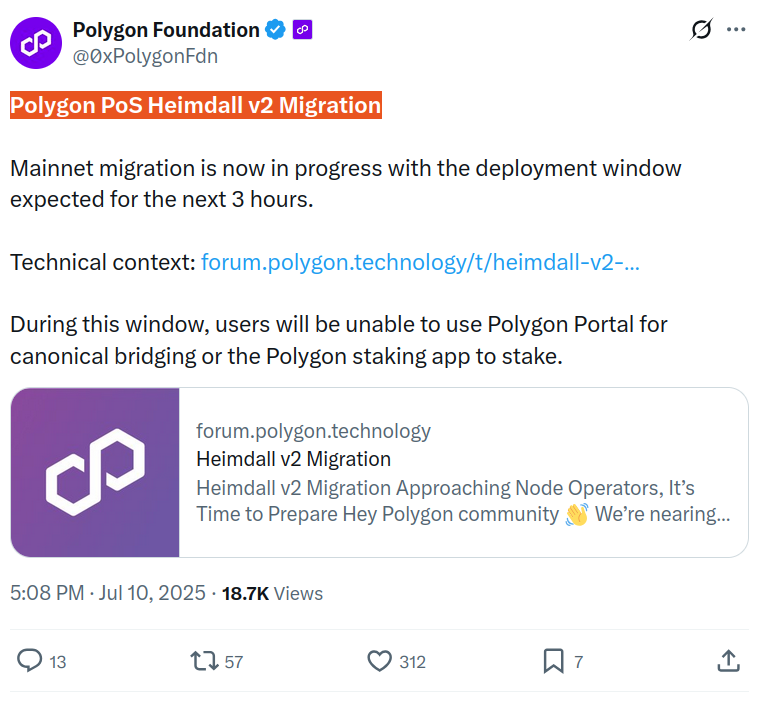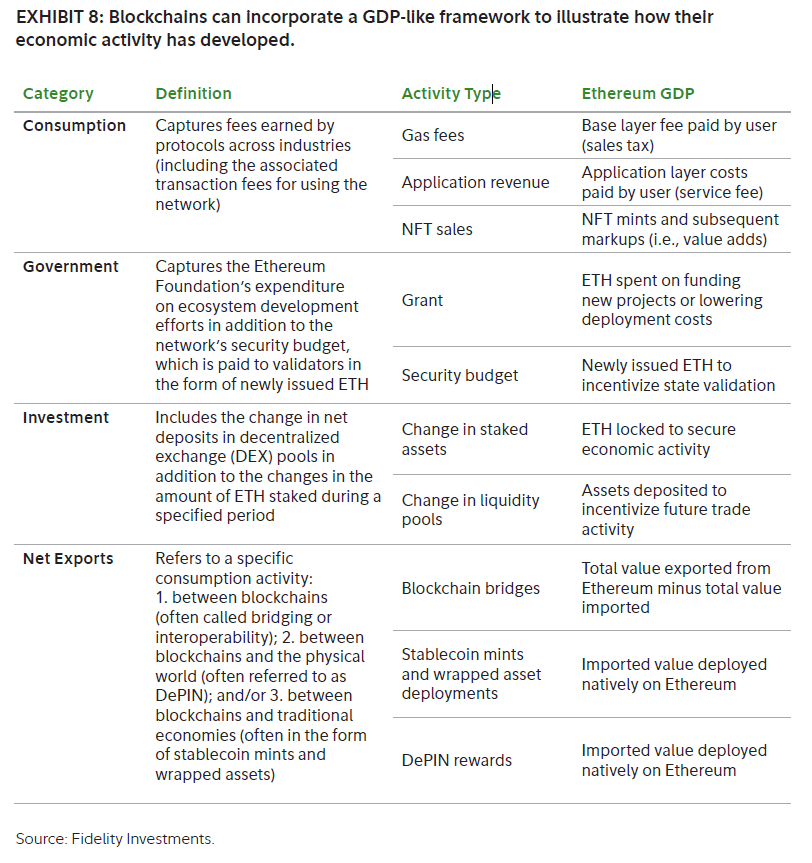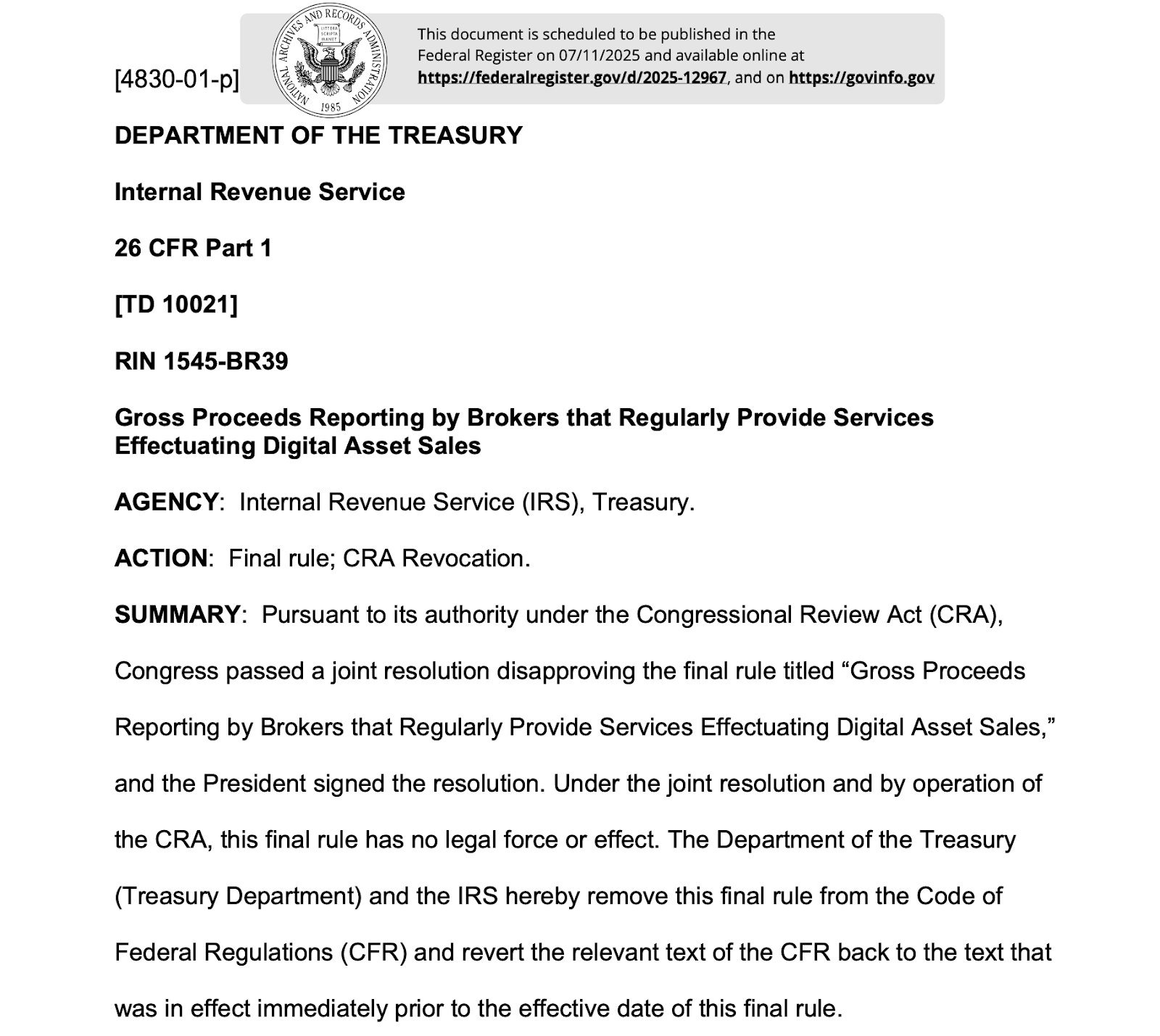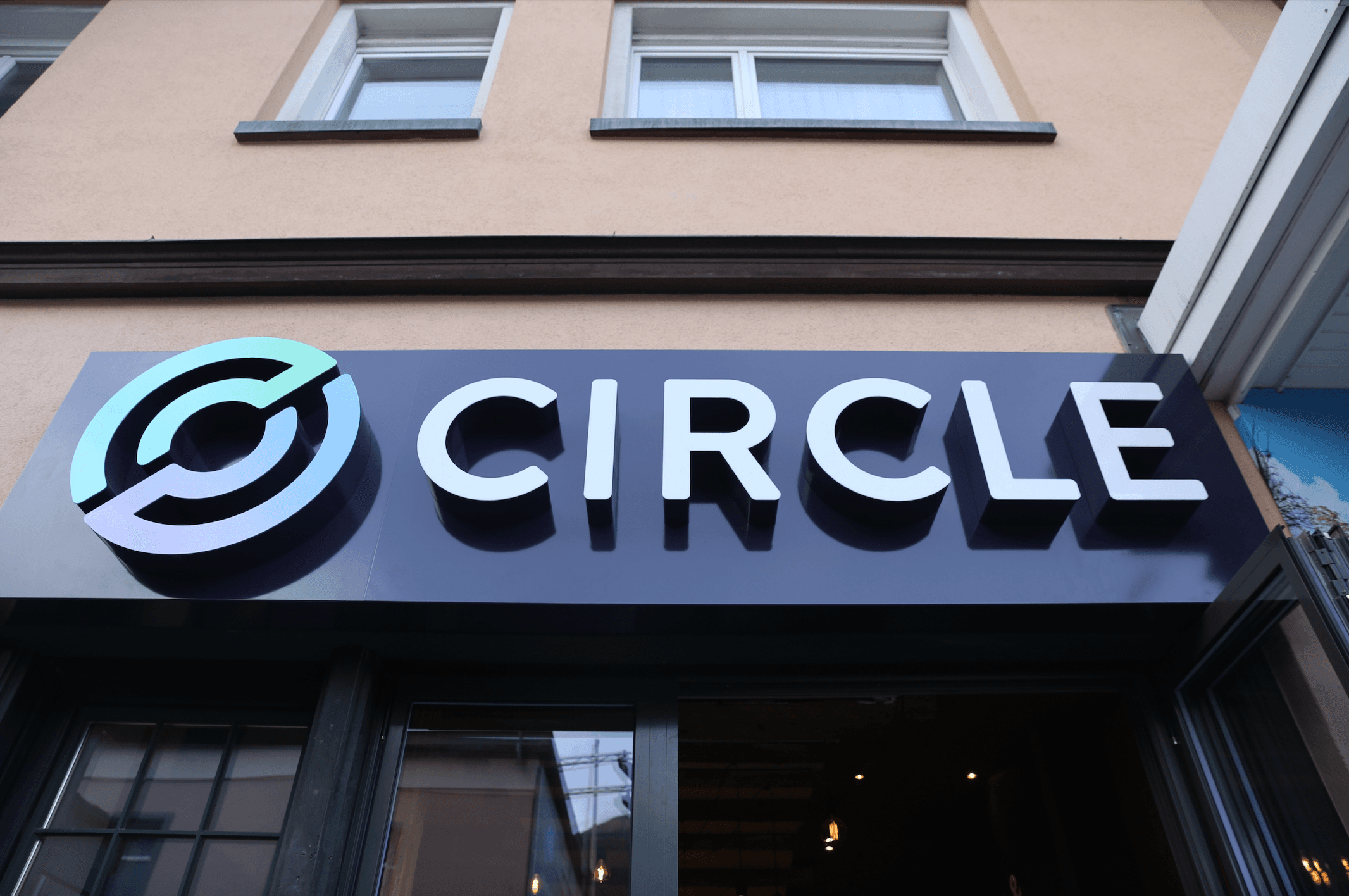Vodafone want to drive adoption in Africa by using its SIM linked cryptocurrency wallet technology
Within each mobile phone is a SIM card, and we have focused on linking the mobile phone SIM card to digital wallets, identity, and blockchains, using the cryptography we have in those SIM cards for that blockchain integration
Top-tier multinational telecommunications company Vodafone Group Plc., primarily operating in Europe, Asia, Oceania, and Africa, is reportedly advancing its SIM technology using blockchain to help users manage crypto assets. According to Vodafone's Pairpoint Chief Product Officer (CFO), David Palmer, in a recent interview, the company plans to link mobile SIM cards to digital wallets.
"Within each mobile phone is a SIM card, and we have focused on linking the mobile phone SIM card to digital wallets, identity, and blockchains, using the cryptography we have in those SIM cards for that blockchain integration," Palmer noted.
Vodafone and Web3 Industry
The mass adoption of the cryptocurrency industry has reached a tipping point in the past year, following the introduction of clear crypto regulatory frameworks in various jurisdictions, led by Europe. As Crypto News Flash recently pointed out, the recent approval of spot Bitcoin ETFs in the United States and Hong Kong will trigger a ripple effect in other major jurisdictions, such as Australia, the United Kingdom, and Singapore, among others.
For Vodafone, Pairpoint already provides a secure digital platform that enables electronic devices, such as vehicles, to seamlessly interact with each other. Consequently, the company's venture into web3 and the Internet of Things (IoT) aligns with the growing demand for interoperable blockchain-based digital wallets.
According to Palmer, blockchain-based digital wallets will reach as high as 5.6 billion in the next six years. Furthermore, the linking of blockchain-based digital wallets with SIM card technology will open up more adoption that had previously been locked out due to sophisticated web3 protocols.
"Long term, the pathway is towards using public blockchains, such as the Ethereum network, and with the Ethereum fork, we are starting to see that public blockchains are becoming faster and more secure," Palmer added.
Previously, Vodafone has ventured into the web3 sector through the PairPoint digital asset broker platform. The platform can facilitate transactions between public and private blockchains through the use of smart contracts. Vodafone has also used the blockchain technology to introduce interoperable digital identity passports.






